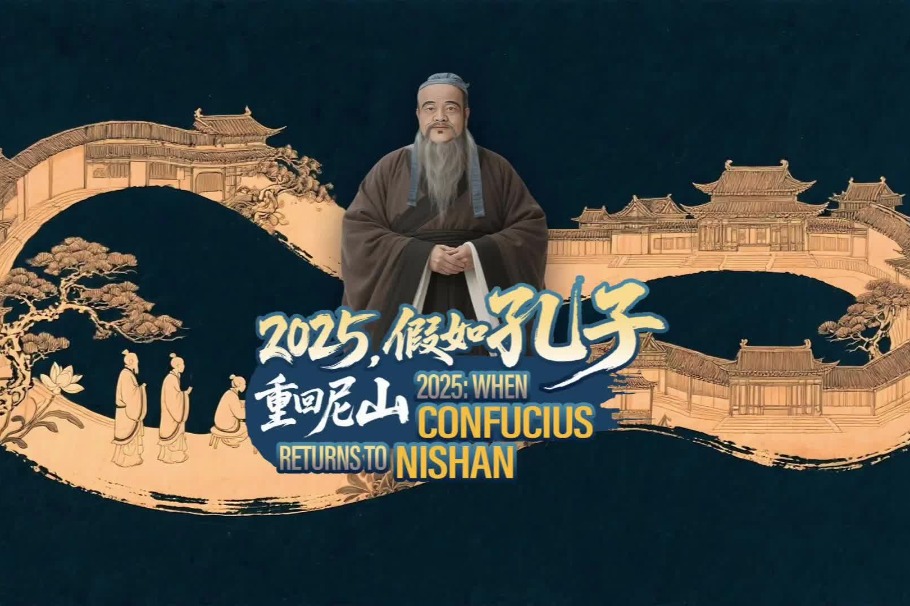'Borrowed knife' cuts against the grain of truth


It has been nearly two months since India and Pakistan agreed to a ceasefire to end their conflict. Although neither side admitted its inferiority, let alone defeat, in the four-day skirmish, some in India have still tried to exploit the exchange of fire to prove the country's performance in it deserves more merit.
In a regular news conference of the Ministry of Foreign Affairs in Beijing on Monday, an Indian correspondent raised a question on remarks made by India's Deputy Chief of Army Staff Rahul R. Singh about the conflict.
Singh pointed a blaming finger at China for providing Pakistan with "material support" and "operational backing" in not only the recent conflict but also the ceasefire talks, saying that China has carried out its ancient military strategy of killing the adversary with a "borrowed knife", one of the"36 stratagems" proposed by Sun Tzu.
Since India has claimed it was the victorious party in the conflict and celebrated its triumph nationwide, it is really unexpected that the senior Indian military official can make such remarks.
To begin with, as Chinese Foreign Ministry spokeswoman Mao Ning said, China and Pakistan are close neighbors that enjoy traditional friendship. Defense and security cooperation is part of the normal cooperation between the two countries but this does not target any third party.
The outbreak of the conflict on May 7 prompted China to make immediate diplomatic efforts to de-escalate the situation.
In his phone talks with India's National Security Advisor Ajit Doval on May 10, Chinese Foreign Minister Wang Yi made China's pro-peace stance crystal clear, urging India and Pakistan to remain calm and restrained, properly handle their differences through dialogue and consultation, and avoid escalating the situation.
China also condemned the terrorist attack in the Pahalgam area, which triggered the conflict.
As Wang said, peace and stability in Asia are hard-won and deserve to be cherished. India and Pakistan are neighbors that cannot move away from one another, and they are both neighbors of China. So how can China, as the Indian deputy chief of army staff claimed, hope to borrow one neighbor's knife to kill another neighbor. Not to mention the two neighbors are both nuclear states.
A stable, peaceful and harmonious relationship between India and Pakistan serves China's interests. China thus supports and expects India and Pakistan to achieve a comprehensive and lasting ceasefire through consultation, which is in the fundamental interests of the two countries and meets the common aspiration of the international community.
Over the past weeks and months, China has closely followed the developments between India and Pakistan, actively promoted talks for peace, and worked to maintain regional peace and stability. China stands ready to continue playing a constructive role to this end.
China's stance on Indian relations is consistent. China-India relations are at a crucial stage of improvement and development. Beijing is willing to work with New Delhi to move bilateral relations forward on a sound and steady track, as the Foreign Ministry spokeswoman said.
The remarks of the Indian military official stem from a strategic misjudgment, which still has its market in New Delhi today — that China is a rival and a threat. But in reality China is India's partner and opportunity. The "China" these Indian politicians have in mind is one they created to meet their own narrow ends and is divorced from reality.
If the zero-sum game mentality is continually allowed to prevail in India, New Delhi is creating obstacles for the improvement of bilateral ties.
If the Indian military official is really interested in China's ancient military strategy of"36 stratagems", he should know that the real art of war Sun Tzu recommends in The Art of War is not related to offensive or defensive tactics but to avoid a war through peaceful means.

































